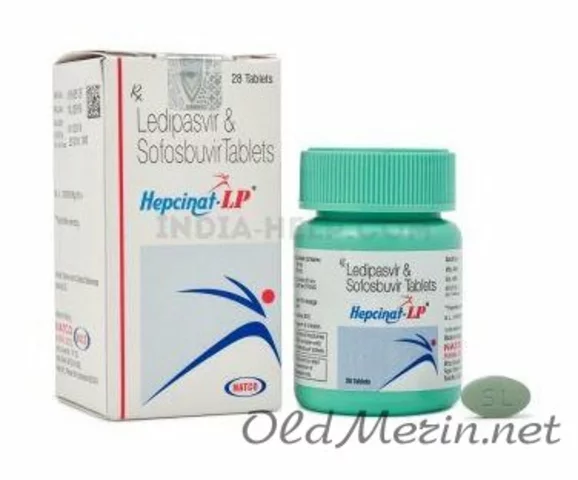Potassium Restriction: What You Need to Know About Low-Potassium Diets and Medications
When your kidneys can’t remove extra potassium, a mineral that helps your muscles and nerves work properly. Also known as serum potassium, it builds up in your blood and can cause dangerous heart rhythms. This is called hyperkalemia, a condition where potassium levels rise above normal, often due to kidney failure or certain medications. That’s why many people with kidney disease, heart failure, or on certain drugs need a potassium restriction, a dietary plan that limits high-potassium foods to keep blood levels safe.
Potassium restriction isn’t just about skipping bananas. It’s about understanding how everyday foods—like potatoes, tomatoes, oranges, spinach, and even salt substitutes—can spike your levels. People on diuretics, medications that help your body get rid of extra fluid, often used for high blood pressure or swelling. might not need strict limits if they’re taking potassium-wasting types like furosemide. But if you’re on meds like lisinopril, spironolactone, or amiloride, your body holds onto potassium, making restriction critical. Even something as simple as licorice candy can lower potassium over time, which sounds good until it causes muscle weakness or irregular heartbeat. The goal isn’t to cut potassium completely—it’s to keep it in a narrow, safe range, usually between 3.5 and 5.0 mEq/L.
Doctors don’t just hand you a list and say "avoid this." They look at your lab results, your meds, your kidney function, and how you’re feeling. Some people need to boil vegetables to reduce potassium, swap white rice for brown, or avoid fruit juices. Others just need to watch portion sizes. It’s not one-size-fits-all. And it’s not just about food—some supplements, herbal teas, and even over-the-counter laxatives can mess with your levels. That’s why knowing your meds and how they interact with what you eat is part of the job. You’re not just following a diet. You’re managing a balance that keeps your heart steady and your kidneys from getting overwhelmed.
Below, you’ll find real-world guides on how medications like diuretics, ACE inhibitors, and antihypertensives affect potassium. You’ll see how diet choices connect to conditions like kidney disease and heart failure. And you’ll learn what to ask your doctor when your labs come back high. This isn’t theory. It’s what people live with every day.

ACE Inhibitors and High-Potassium Foods: How to Prevent Hyperkalemia
ACE inhibitors help protect your heart and kidneys, but they can raise potassium levels dangerously. Learn which foods to limit, how to prepare them safely, and what tests you need to avoid hyperkalemia.
Categories
- Medications (90)
- Health and Wellness (47)
- Pharmacy Services (15)
- Chronic Conditions (9)
- Women Health (7)
- Health and Nutrition (5)
- Medical Research (4)
- Mental Health (4)
- Child Health (2)
- Skincare (2)



